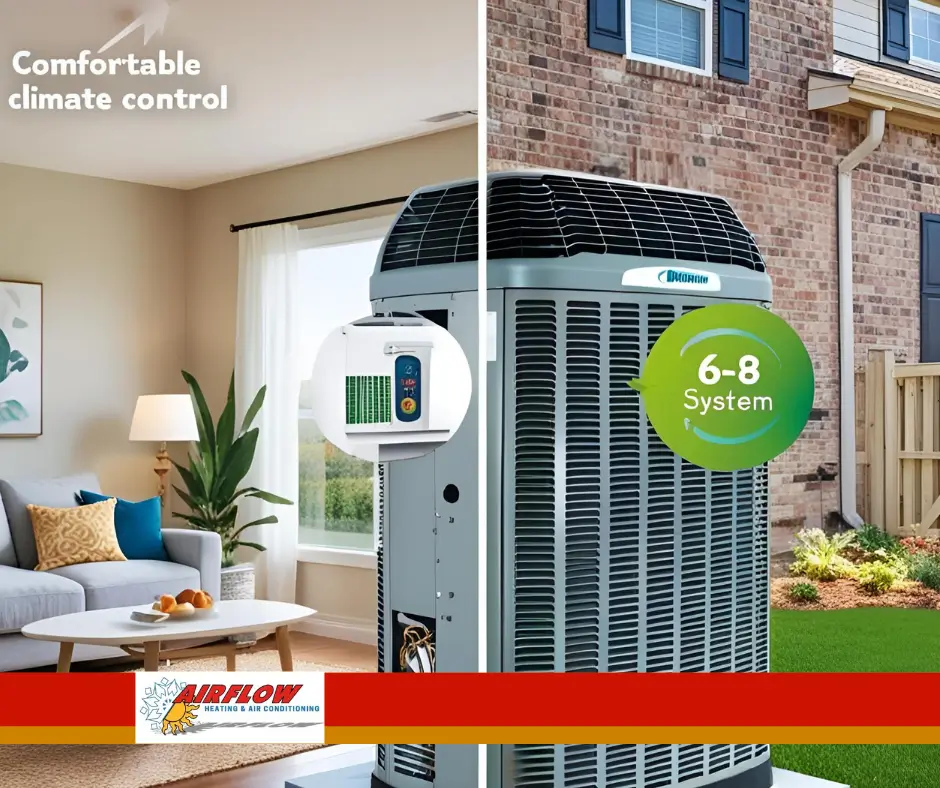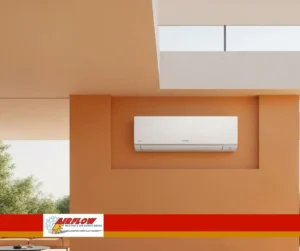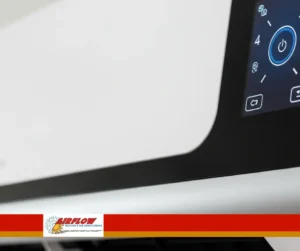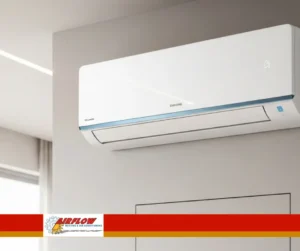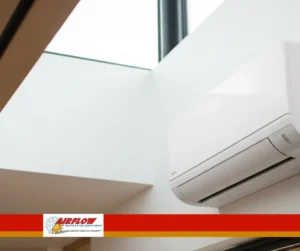Choosing the right cooling system is a big decision for any homeowner, especially when it comes to air conditioning installation. One of the most popular choices in residential HVAC is the central air conditioning system. Known for whole-home comfort and consistent airflow, this type of system offers several benefits—but it’s not without its drawbacks. Here’s a balanced look at the pros and cons to help you decide if it’s the right choice for your space and budget.
What Is a Central Air Conditioning System?
A central AC system uses a network of ducts to distribute cool air from a single outdoor unit (condenser) and an indoor unit (evaporator coil). Typically paired with a furnace in a complete HVAC installation, central AC is designed to regulate indoor temperatures throughout your entire home.
Pros of Central Air Conditioning Systems
1. Whole-Home Cooling
Perhaps the biggest advantage is uniform comfort. Central systems cool every room at once, making them perfect for larger homes or families looking for consistent temperatures throughout the day and night.
2. Quiet Operation
Because the compressor and fan are located outside, central air systems operate quietly indoors. This makes them an excellent choice for households that value a peaceful indoor environment compared to noisier window or portable units.
3. Increased Home Value
Professional air conditioning installation of a central system can boost your property value and make it more appealing to buyers. A reliable central air system is often seen as a premium feature, especially in warmer regions.
4. Improved Indoor Air Quality
Most systems include built-in filtration that removes dust, pollen, and allergens from the air. With regular maintenance, central AC can greatly improve your home’s air quality, contributing to a healthier living environment.
5. Energy Efficiency with Smart Thermostats
Modern central systems are compatible with smart thermostats and zoning technology. When installed properly, this setup allows you to manage energy use efficiently and reduce monthly cooling costs.
Cons of Central Air Conditioning Systems
1. Higher Installation Costs
The biggest drawback is the cost of installation. Central AC systems require ductwork and professional labor, which can lead to a higher upfront investment—especially in homes that don’t already have ducts in place.
2. Ductwork Maintenance and Energy Loss
Over time, ducts can develop leaks or become clogged with dust, reducing the system’s efficiency. According to energy experts, up to 30% of cooled air can be lost through duct issues, making regular maintenance essential.
3. Less Flexibility in Zoning
Unless you install a zoned system, traditional central AC cools the entire home at once—even if you only need cooling in one or two rooms. This can lead to higher energy use and may not be ideal for smaller households or those who spend most time in specific areas.
4. Longer Installation Time
Compared to ductless air conditioning installation, central systems take longer to install. Planning, ductwork inspection, and system sizing require time, which might not be suitable for homeowners needing a quick solution.
Is Central Air Conditioning Right for You?
If you value quiet operation, whole-home cooling, and long-term efficiency, a central system is a strong choice. However, if your home lacks ducts or you prefer flexible room-by-room control, alternatives like mini-split systems or smart AC units may be better suited to your needs.
Always consult with a certified HVAC contractor to evaluate your home’s structure, climate zone, and energy goals. A well-planned air conditioning installation can enhance comfort and efficiency for years to come.
Conclusion: Balance Comfort with Cost
Central air conditioning systems offer powerful benefits, especially when installed professionally and maintained regularly. While the initial investment can be higher than other systems, the rewards—comfort, quiet, and long-term efficiency—are hard to ignore. If you’re considering a new air conditioning installation, weigh these pros and cons carefully and work with a trusted HVAC professional to make the best decision for your home and lifestyle.
READ MORE:

